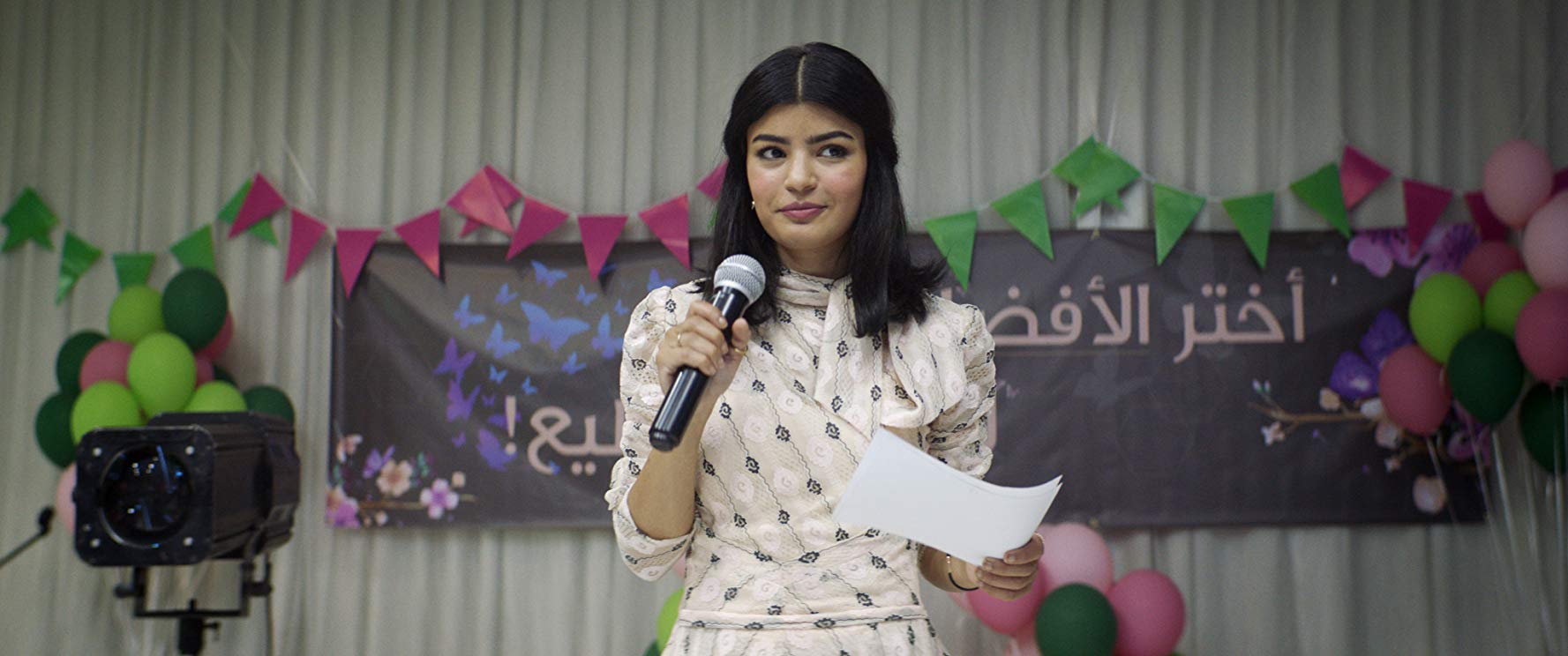
- Golden Globe Awards
The Perfect Candidate (Saudi Arabia)
It all starts with a mix-up: Maryam, an ambitious young doctor who works in a hospital in a small town in Saudi Arabia – in itself a feat for a woman in that country – seeks permission to travel to Dubai in search of a better paying job. But instead of filling out the proper form, she comes across an application for local elections. On the spur of the moment, she decides to run. She would not be the first one in the family to end up in an unusual profession. Her father is a musician and at the time away on tour to play the first publicly allowed concerts. Maryam convinces her two younger sisters to start a fundraising effort for her campaign. Obviously, they are up against a lot in this anti-feminist, patriarchic country where women are not even allowed to drive a car. But despite the medieval system, her campaign begins to gain ground and she ends up going head-to-head with her male opponent.It should not come as a surprise that this film is the work of Haifaa al-Mansour, the first Saudi woman to direct a feature film, the critically acclaimed coming-of-age drama Wadjda, about an 11-year-old girl who does everything in her power to buy a bicycle, another untraditional idea for women in Saudi Arabia. That film, like The Perfect Candidate, premiered at the Venice Film Festival.Here Al-Mansour again leads us into a world that is hard to comprehend for any Westerner: a smart, educated, bold woman, perfectly qualified to match any man, wants her due and fights for it, but according to ridiculously outdated religious rules and ancient traditions, she is not even permitted to go unveiled in her campaign posters. She is also not allowed to address male candidates directly. But she cannot be dissuaded – she becomes a phenomenon and goes viral on the internet despite every challenge cooked up by men to thwart her. The absurdity of Saudi politics comes to a boiling point when a TV-presenter suggests that she can only run on “women’s issues. Like gardens, for instance. You must like gardens.” Never mind that Maryam would rather get funding for roads that do not kill patients on the way to her clinic to get treatment when the rains turn them into muddy rivers.Dr. Maryam is played by Mila Al Zahrani, and the story is told without much hoopla as is Al-Mansour’s style. The director prefers to let the message speak for itself and is not overly concerned with matters of style. This is about female power, about modernism against conservatism, women’s rights against archaic patriarchy.